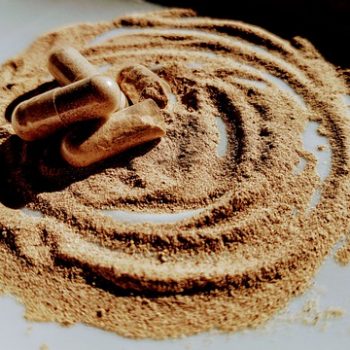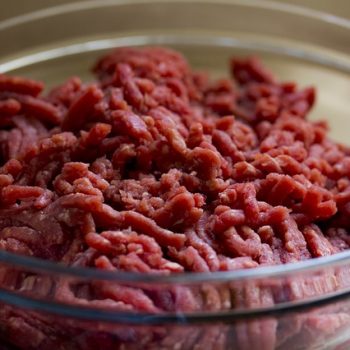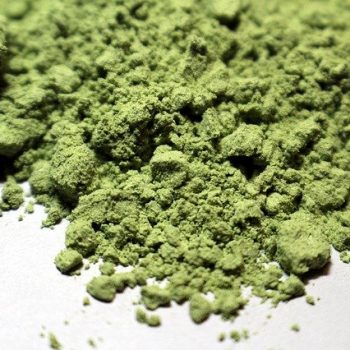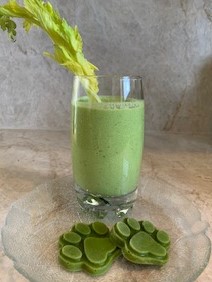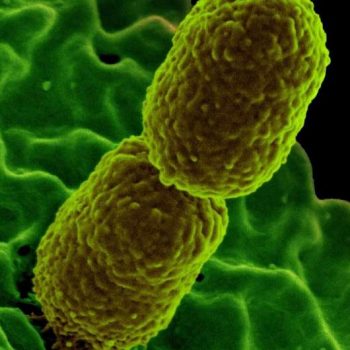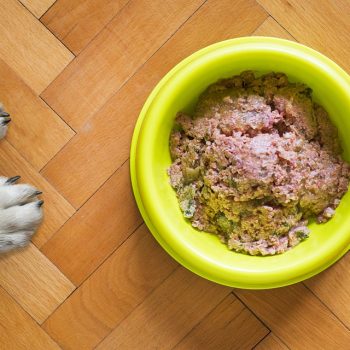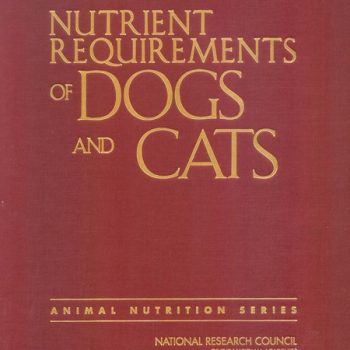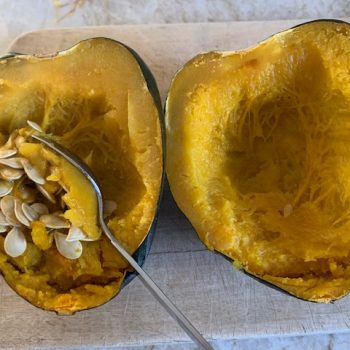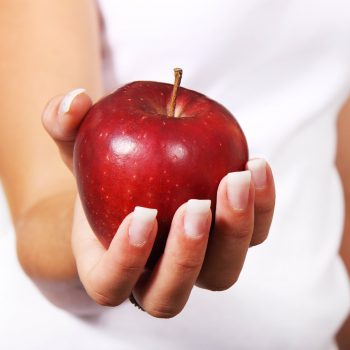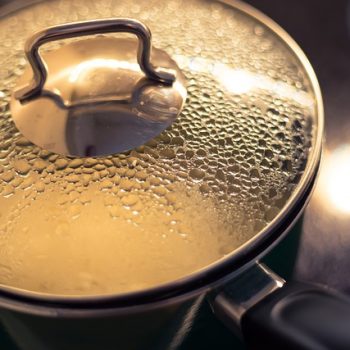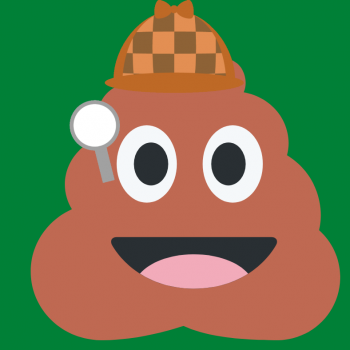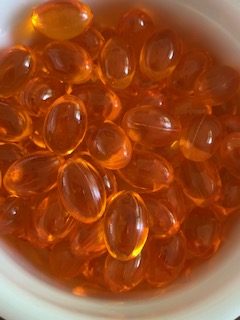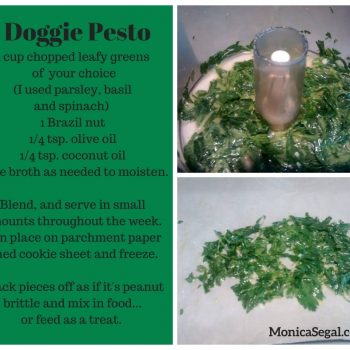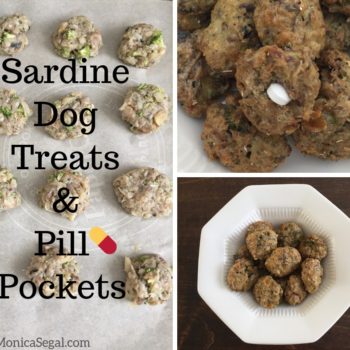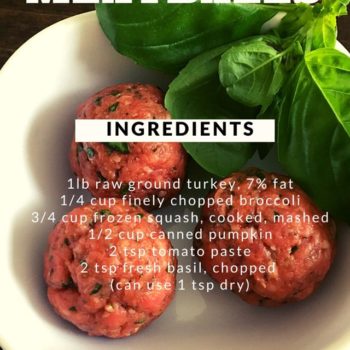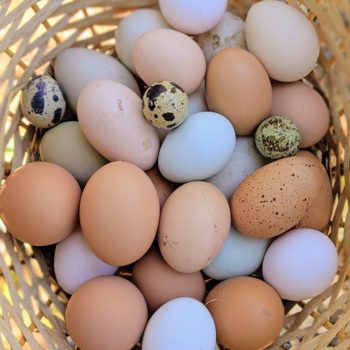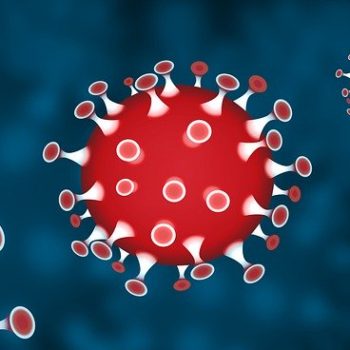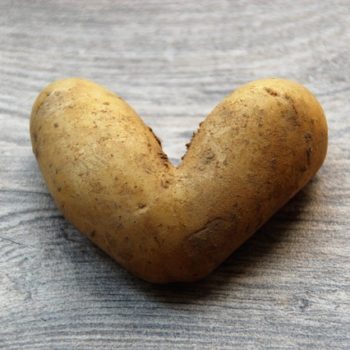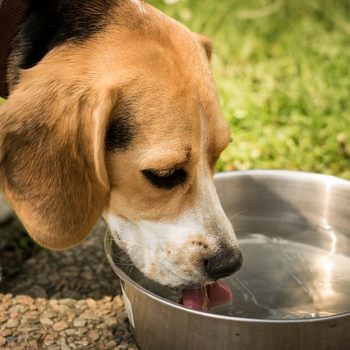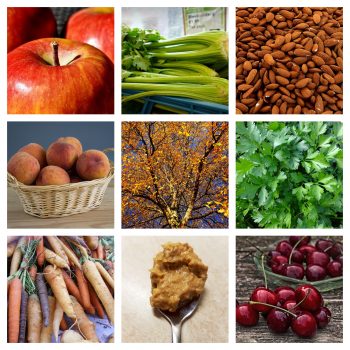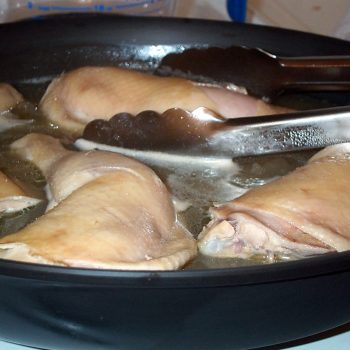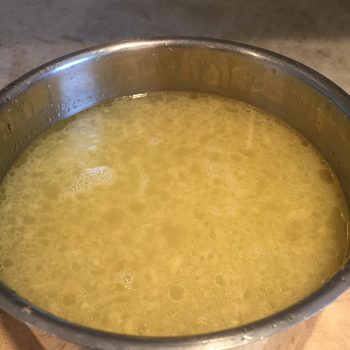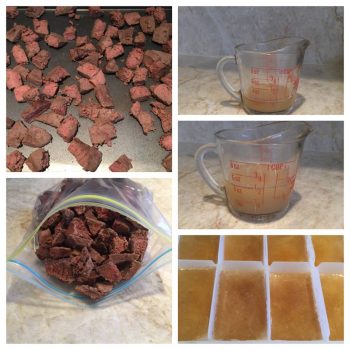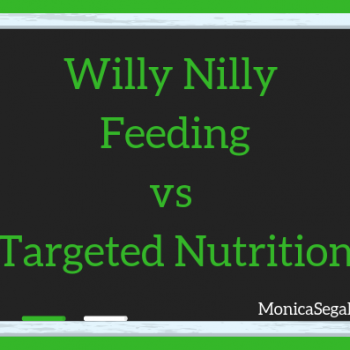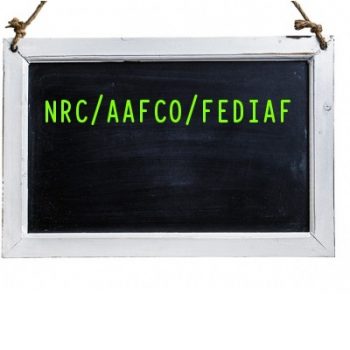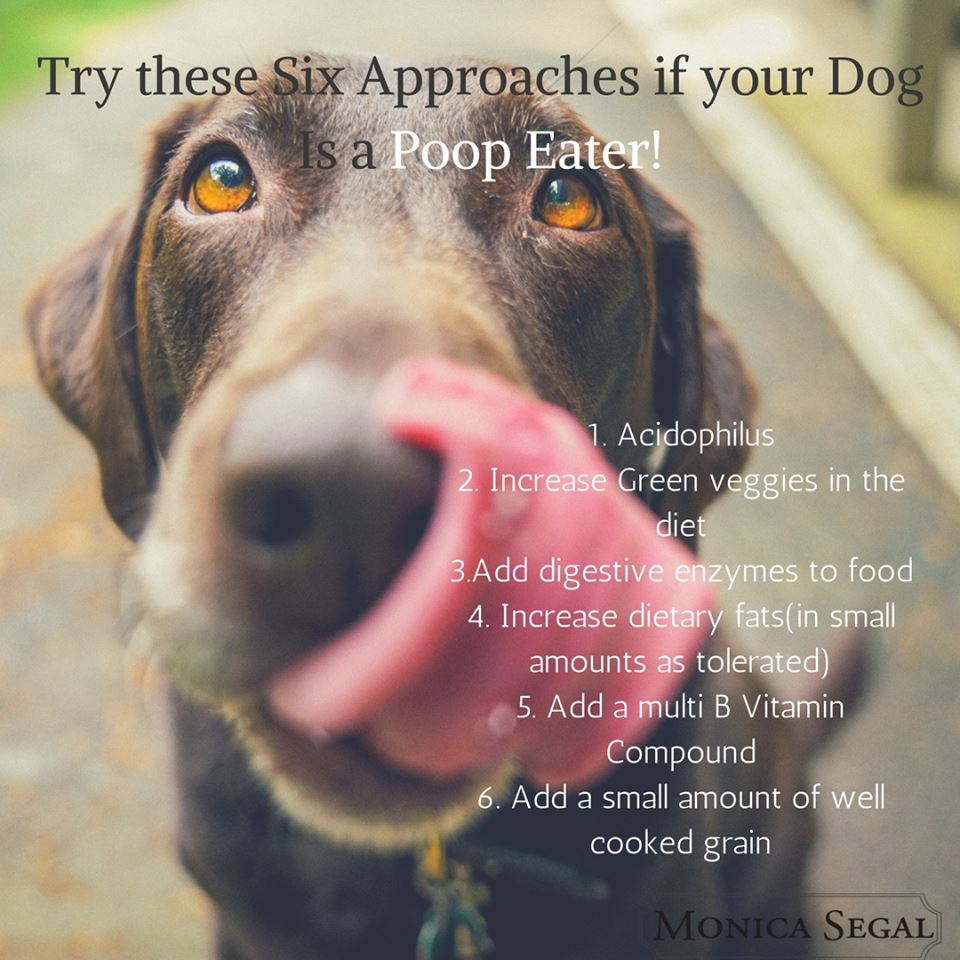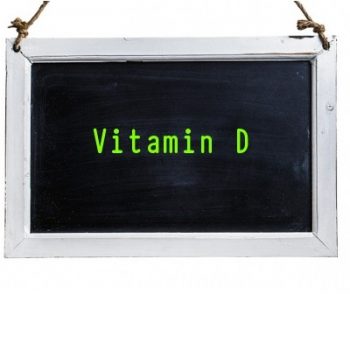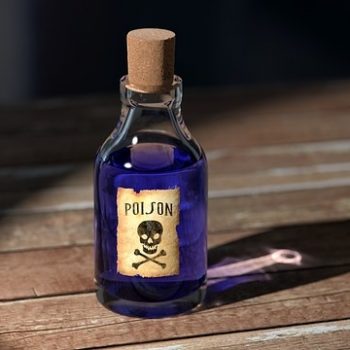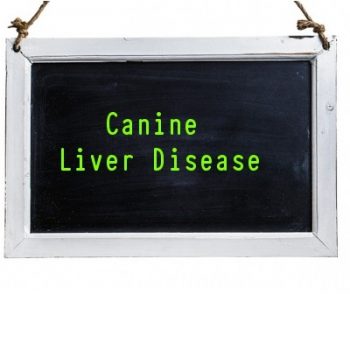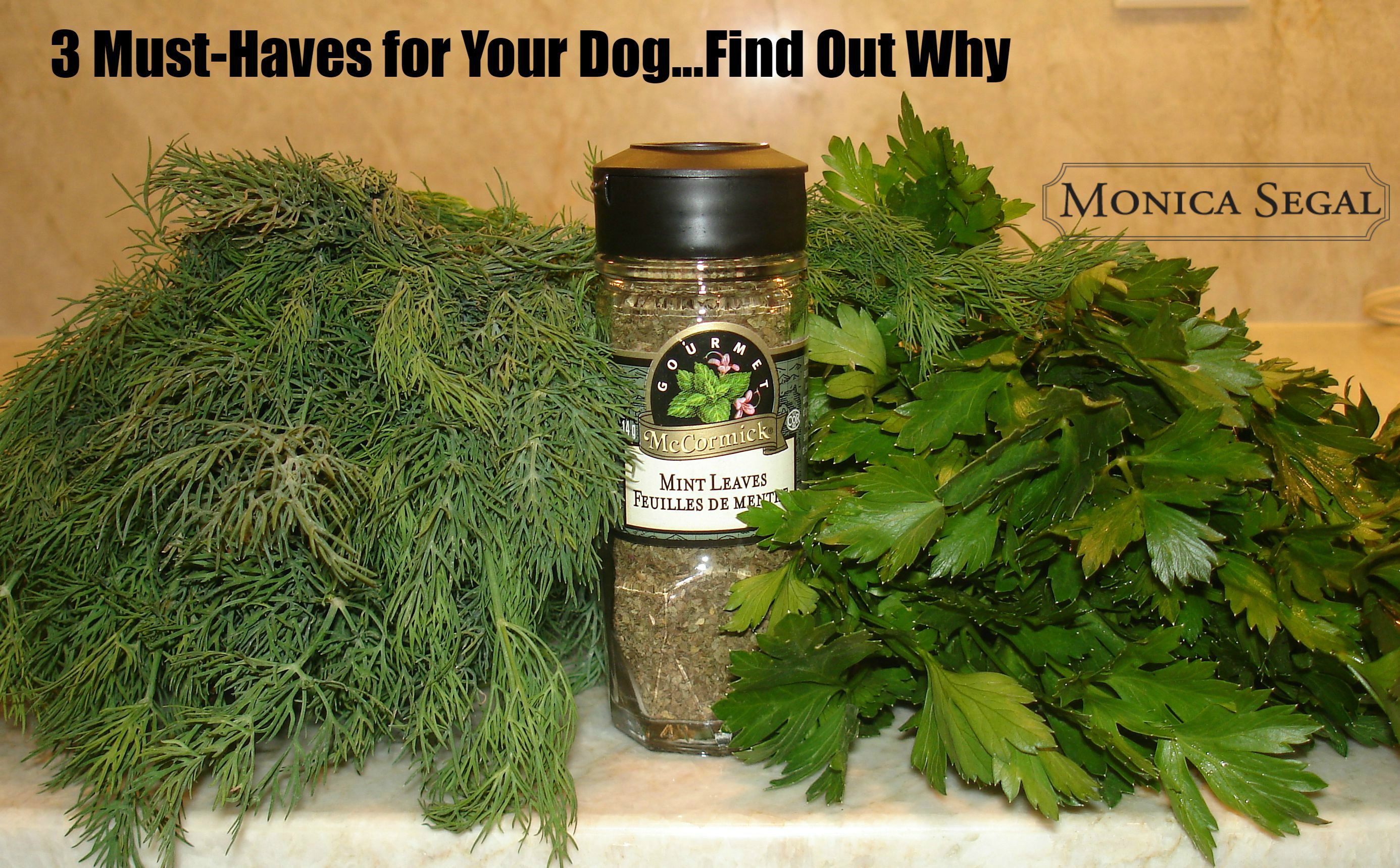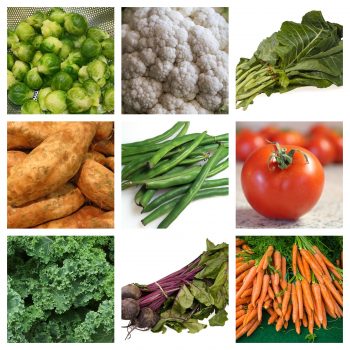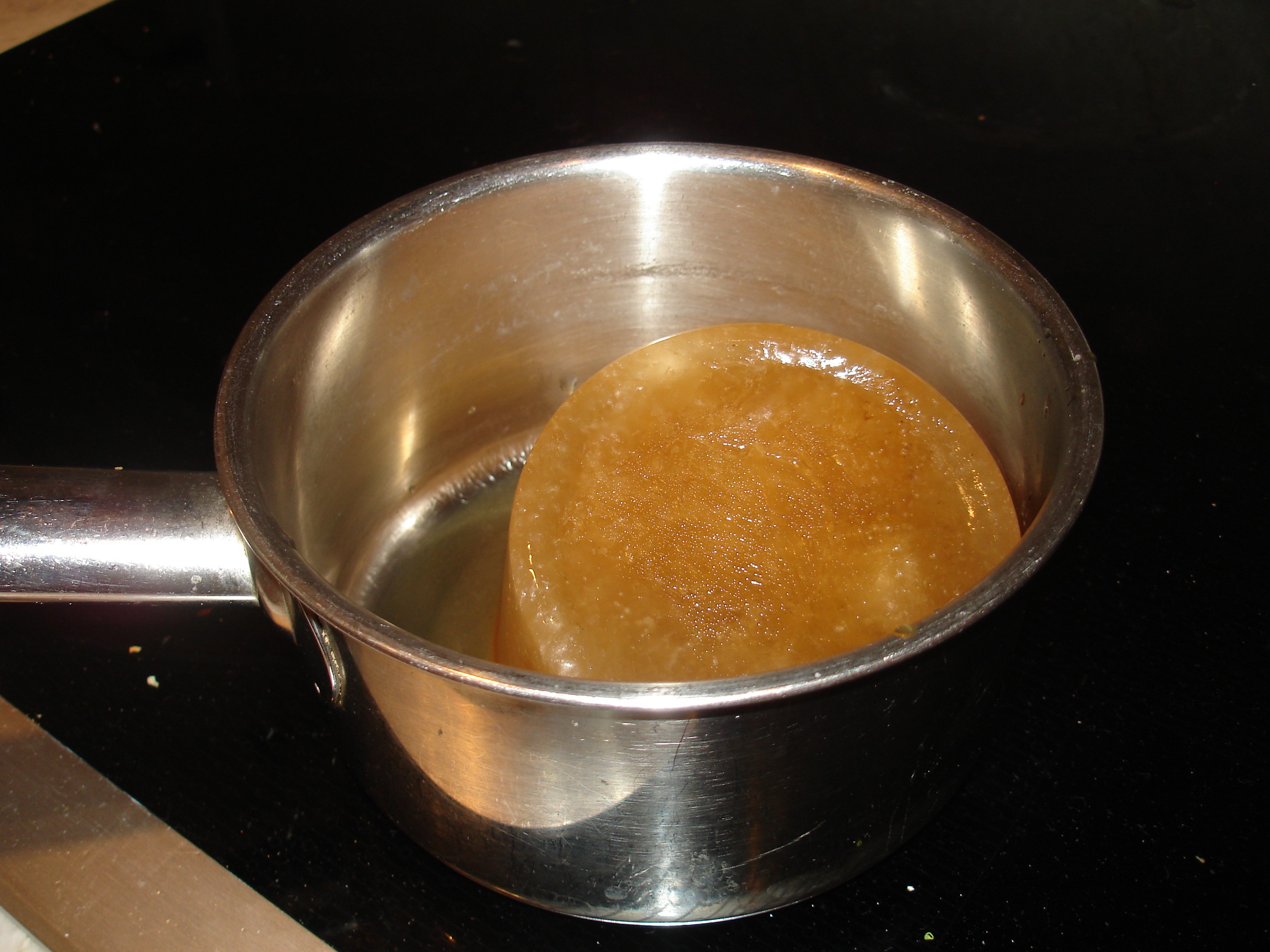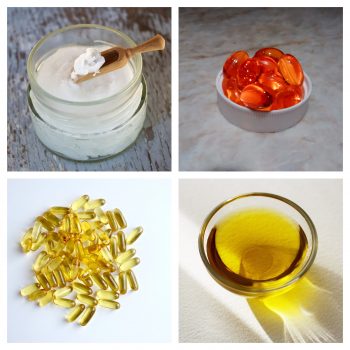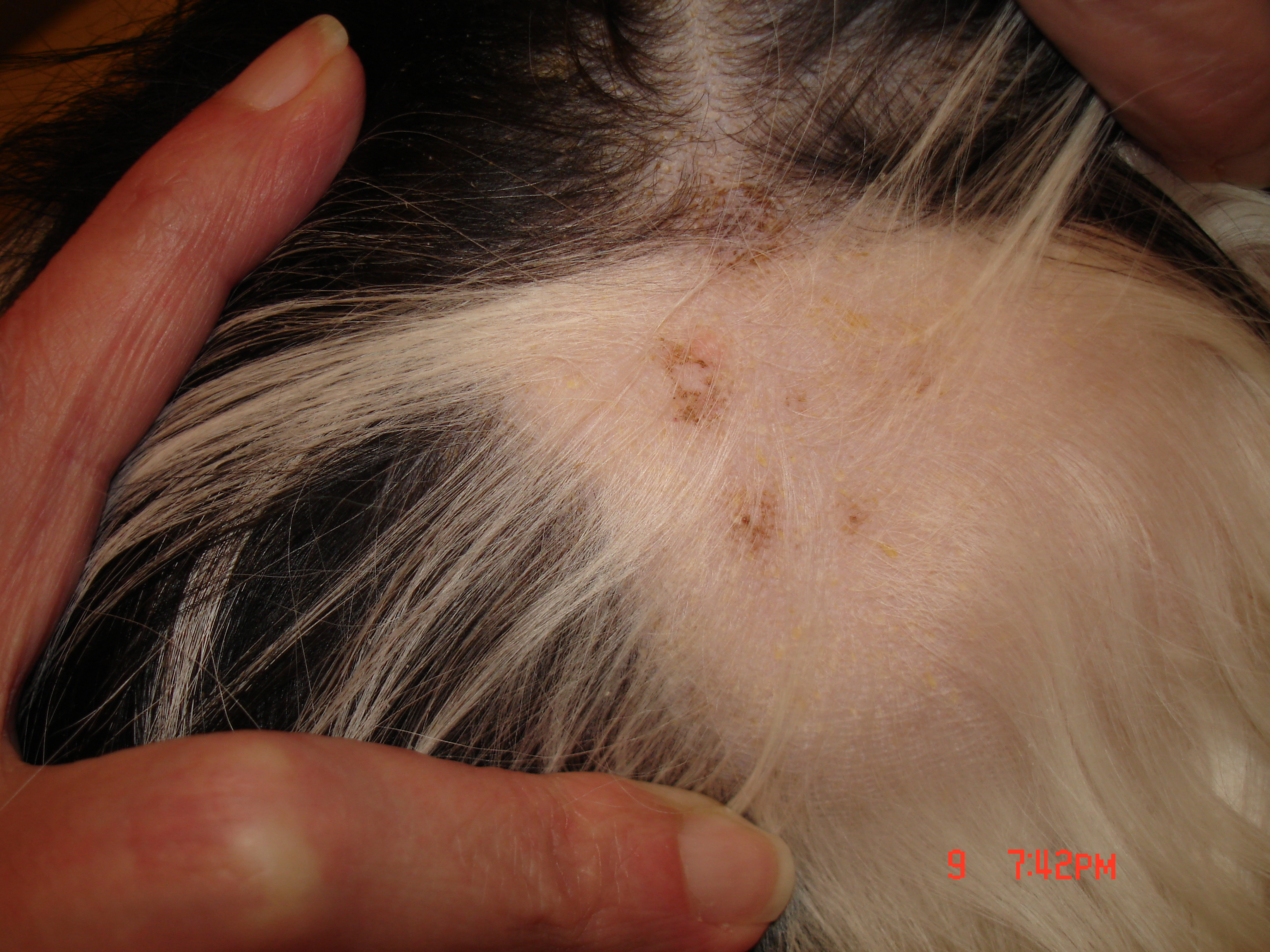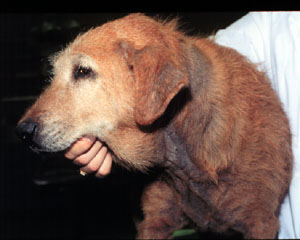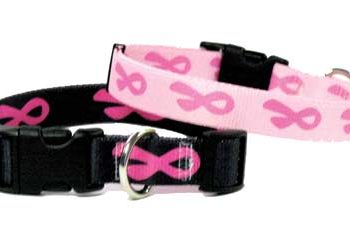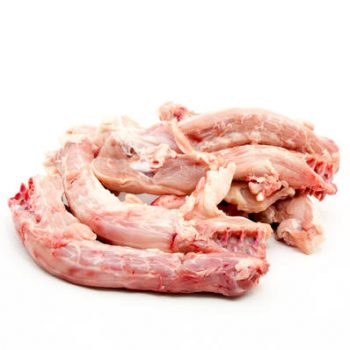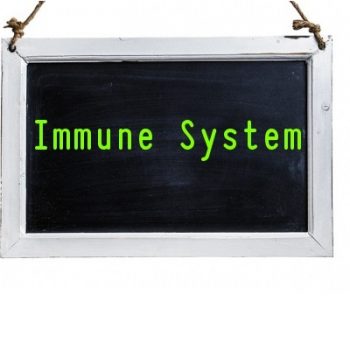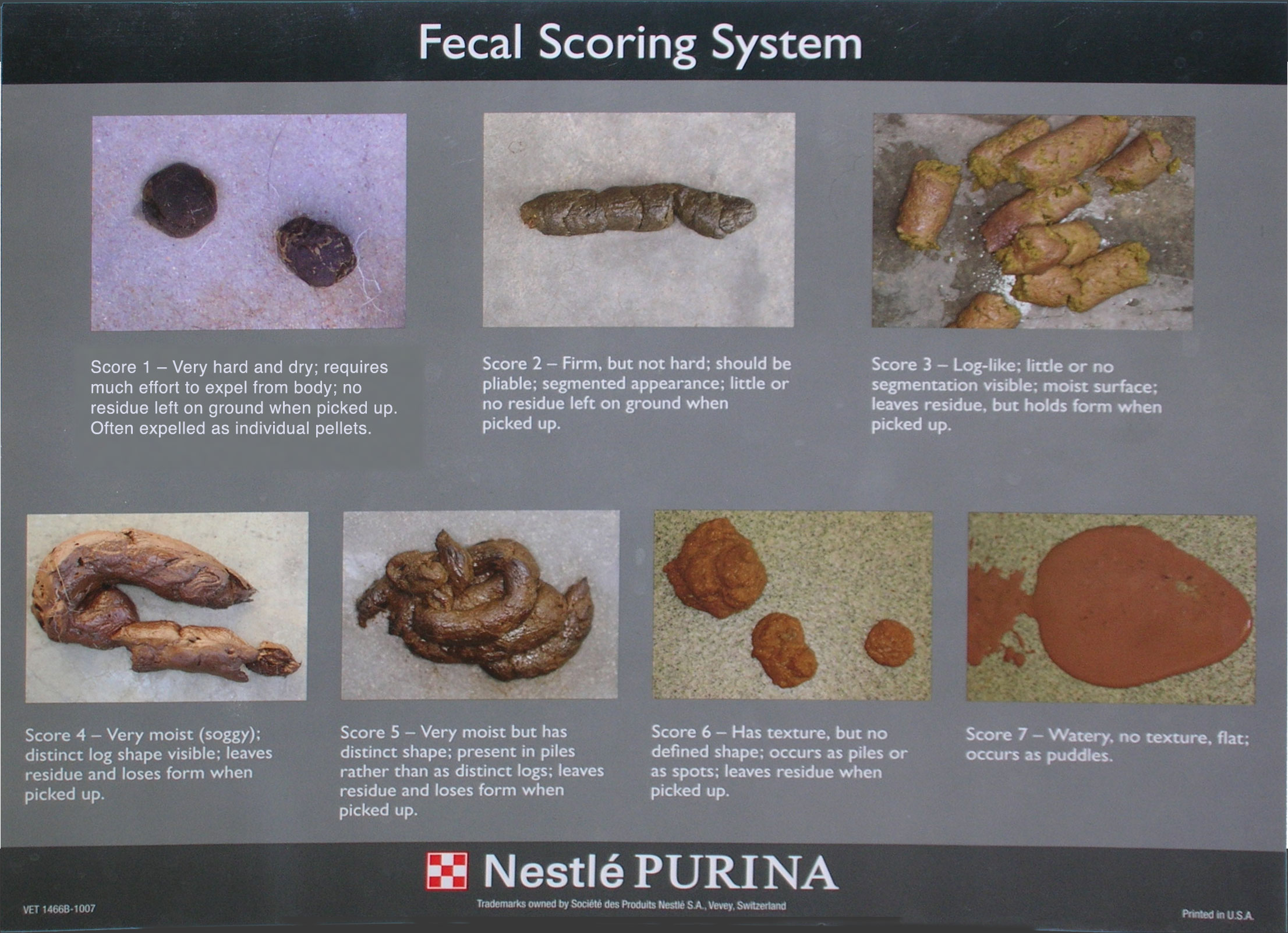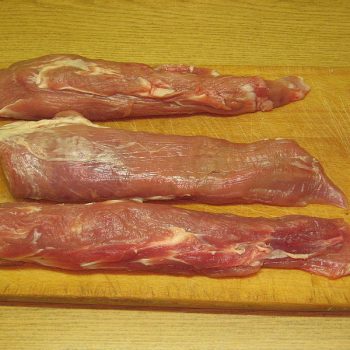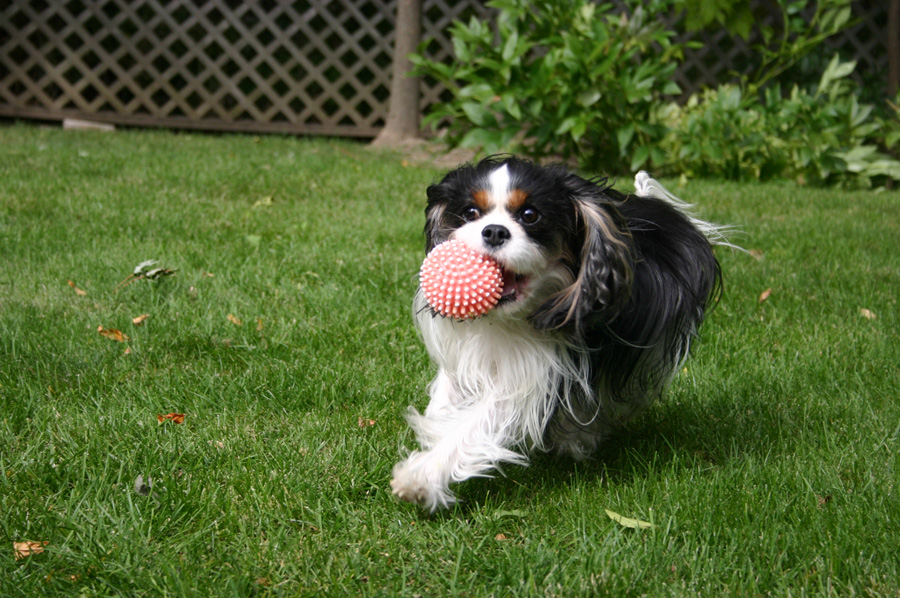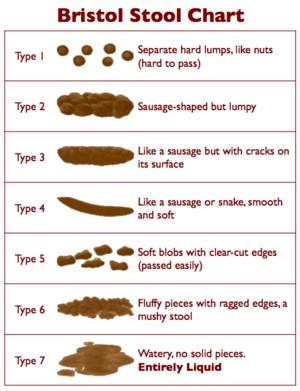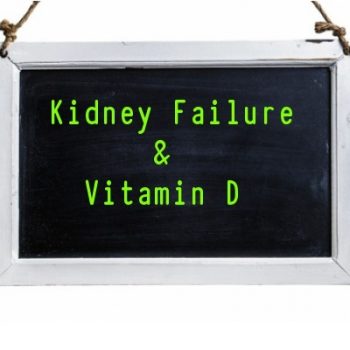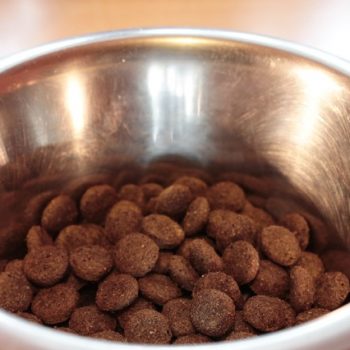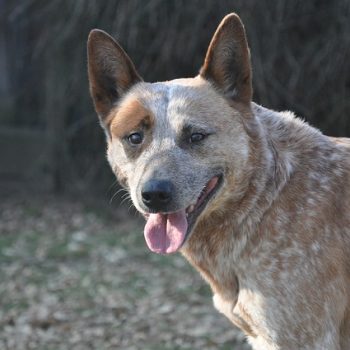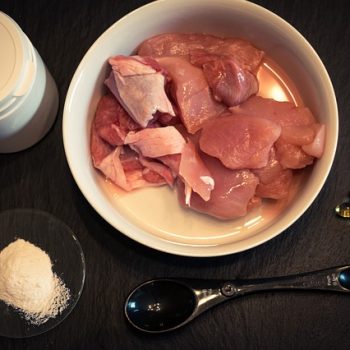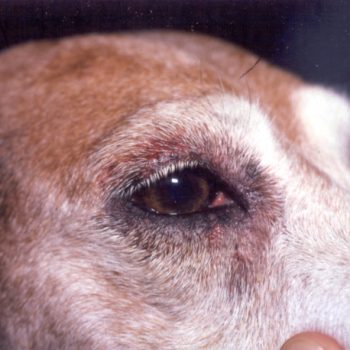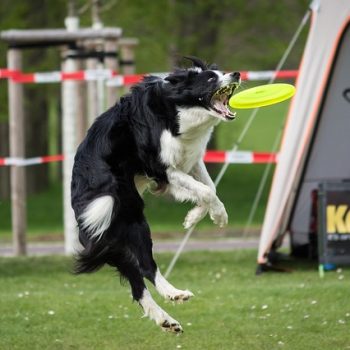Friday, October 20th, 2023
The decision to stop selling supplements on my site was made due to the industry having changed to support only the big players making it impossible to continue independepent quality testing and not have overstock or short expiry dates.
At this time clients are asking what they can use to replace those supplements as well as what to use if they need others. Here’s the best I can find as well as explanations to consider.
First, full disclosure: if you’re going to place an order feel free to use my code to receive a discount. I may receive a few points that I can use at iherb as well, but that’s certainly not the point here. http://iherb.com/?rcode=SEG722
Read more Dietary Supplements if Needed
Saturday, October 15th, 2022
Wednesday, December 8th, 2021
It’s probably no surprise that I feel fresh food diets formulated to NRC and customized to the dog are ideal, but just like many of my clients, I think about life’s “what ifs”
Responsible dog ownership includes having a plan to manage life when the unexpected happens. In the fresh food arena people are focused on the variety of foods, but what if that’s suddenly not possible? What if there’s a power outage for days, or you’re in the hospital, or recuperating and can’t stand for longer periods? What if your pet sitter cancels and your dog must be boarded somewhere they can’t make food for him/her? Even fun things like going on a road trip with your dog can translate to an inability to have her/his regular fresh meals available. What about staying with family out of town and not having the time or space for food prep? Read more DO YOU HAVE AN EMERGENCY FOOD PLAN?
Wednesday, August 11th, 2021
This abstract strongly indicates a need for pet parents to consider accuracy before choosing to test.
“Based on these results, the saliva test for food specific IgA and IgM and the ELISA serum test for food specific IgE were not reliable to diagnose adverse food reactions in dogs. Until more data are available, elimination diets remain the reference standard in the diagnosis of this disease.”
This study included both animal hair and saliva as well as synthetic fur and a sterile sample.
Animals: Seven healthy animals (six dogs, one cat); six animals (five dogs, one cat) with atopic dermatitis; 11 samples of synthetic fur and sterile saline.
Read more Are Saliva and/or Blood Tests For Food Allergies Accurate?
Sunday, July 25th, 2021
Grass-fed animals are considered to be more humanely raised and their meat has a greater omega 3 content. This seems to have been the main focus when people talk about the practice, but there’s so much more to consider. From soil ecology to the health of these animals, the vitamin and mineral content to the underappreciated phytochemical content of the meat itself.
“Increased phytochemical richness of productive vegetation has potential to improve the health of animals and upscale these nutrients to also benefit human health”
“While little difference exists in total protein content between pasture-raised and feedlot-finished meat and dairy (Duckett et al., 2009; Schönfeldt et al., 2012), differences do exist in vitamins and trace minerals. For example, Duckett et al. (2009) compared riboflavin and thiamine in grass-finished vs. grain-finished beef, and found nearly 2-fold higher riboflavin concentrations and 3-fold higher thiamine concentrations in grass-finished beef. ”
Read more Health-Promoting Phytonutrients Are Higher in Grass-Fed Meat and Milk
Monday, June 21st, 2021
Exciting news in the dog world!
The genome of the Basenji, which sits at the base of the dog breed family tree, makes an excellent unbiased reference for future comparisons between dog breeds and evolutionary analysis of dogs.
“Before this paper, it was difficult to interpret differences between the dog reference genomes and non-domesticated dogs, such as dingoes, jackals, coyotes, wolves and foxes.”
Read more Researchers Sequence Genome of Basenji Dog
Sunday, April 25th, 2021
There has been a lot of recent negative social media buzz on hydrolyzed diets. There’s very little that will put pet parents (myself included) into an emotional tailspin than information regarding something that can harm our four-legged family. This is especially true when the opinion comes from vets that many dog parents see as authority figures and thus the message gets repeated by their followers. Eventually, fear replaces factual information. I’m asking you to hit the pause button on all emotional reactions and consider the following.
What may lead a dog parent down the road of hydrolyzed foods?
The typical scenario starts with a dog owner who is frustrated as their dog deals with various allergic responses to food. Read more The Reality vs The Hype of Hydrolyzed Diets
Wednesday, March 24th, 2021
It’s always interesting to see what supplement additions people make to their dog’s diet…but they don’t really understand why. Supplement marketing often makes people feel their dog will really be missing out if they don’t feed this ONE thing. Unfortunately, that one thing turns into a box full of supplements and people lose track if the addition even made a positive difference.
These are a few of the more common “whole food” supplements that we find people add for various benefits.
Read more SOME of the supplements we DON’T give our own dogs
Thursday, March 11th, 2021
Anti-inflammatory phytonutrients, prebiotics, fiber, healthy fats – what’s not to love?
Daily smoothies can be healthy for both the dog parent and the dog if the ingredients are safe and add nutritional value. It’s not a lean source of veggies for dogs, but there are benefits that might make it a worthwhile trade-off now and then. For example, my dog eats pretty much anything and has a passion for bitter greens but try giving him celery and he backs away as though it might attack him. Since I’d like him to receive the benefits, giving him a bit of my smoothie (which doesn’t taste at all like celery) works well.
Read more Green Smoothie Recipe to Share with Your Dog
Tuesday, March 9th, 2021
‘Scientists studying the body’s natural defenses against bacterial infection have identified a nutrient—taurine—that helps the gut recall prior infections and kill invading bacteria, such as Klebsiella pneumoniae (Kpn).
Scientists know that microbiota—the trillions of beneficial microbes living harmoniously inside our gut—can protect people from bacterial infections, but little is known about how they provide protection. Scientists are studying the microbiota with an eye to finding or enhancing natural treatments to replace antibiotics, which harm microbiota and become less effective as bacteria develop drug resistance. Read more Scientists identify nutrient that helps prevent bacterial infection
Saturday, February 6th, 2021
A healthy gut equates to a healthier dog. Healthy + slim = improved quality of life and longevity.
Three key points the study makes:
- Dogs fed fresh food don’t need to consume as many calories as when fed kibble
- Human grade food is more digestible than commercial dog food
- Dogs on freshfood diets have healthier gut biomes
Read more Human Grade Ingredients in Pet Foods
Wednesday, February 3rd, 2021
An important part of formulating proactive canine diets is consideration to the breed health disposition as well as the individual dog. The Labrador Retriever is a good example of what this might look like.
Labs make great family dogs and have a lot of energy for field work yet pack on the weight easily. They can have a genetic predisposition for this weight gain, and they love to eat so double trouble.
- Skeletal issues are common in the breed and can be a precursor to arthritis at an earlier age than some other breeds. Extra body weight burdening the joints add to the problem.
- Allergies (not necessarily, but not uncommon in this breed)
- Cancers
Read more Feeding the Labrador Retriever
Wednesday, February 3rd, 2021
Many dogs love cooked squash –not only a good source of potassium -it’s also a great source of soluble fiber, which can help dogs feel more satisfied after eating and helps promote intestinal health.
Potassium plays an important role in maintaining osmotic balance, transmitting nerve impulses and facilitating muscle contractions. It’s an important electrolyte that is often lacking in raw diets because the best sources are veggies and fruits.
Which variety to choose depends on your nutrition goals. Read more Is Squash Safe For Dogs?
Thursday, January 21st, 2021
Pet parents are faced with varying points of view when they consider what a balanced diet for dogs should look like. While the internet is undoubtedly a bonus most of the time, it is also rife with blogs, opinions on social media and ads that present some questionable ideas presented as facts. For example, the idea that the National Research Council (NRC) provided their guidelines based on arbitrary numbers. This is simply not factual.
The NRC committee is an ad hoc group (called upon as needed rather than being fully employed by the council) of independent scientists. While all of these scientists are distinguished, you’ll appreciate Quinton Rogers (Professor Emeritus Molecular Biosciences, UC Davis) as the person who wrote about the taurine requirement of the cat. How many pet cats were saved by that? This same level of knowledge and application is extended to the nutrient requirements of dogs when the ad hoc group puts their findings to paper, but that’s just part one! Read more Established Guidelines for Home-Prepared Diets
Saturday, December 12th, 2020
Acorn squash is very low in oxalate, so it’s a fantastic addition to diets for dogs that tend to form calcium oxalate crystals and stones. This veggie has a 1:1 calcium to phosphorus ratio, provides healthy fiber to keep the GI tract robust and the microbiome more diverse. Bonus: dogs love it!
The shape and hardness of the raw squash makes it a pain to prepare if you do it the same way as most recipes for people instruct. While butternut squash can be found precut in the grocery aisle, or cubed and frozen, it’s not low in oxalate like the acorn variety. No worries! The following steps makes it much easier to include acorn squash in dog food recipes. Read more Easy Prep Acorn Squash For Dogs
Wednesday, November 25th, 2020
Are you opening windows and burning candles before friends come over?
Are you wearing a mask inside the house even when it’s just you and your dog watching Netflix?
It’s not normal for dogs to have consistent bad gas. Think how uncomfortable you’d be in the same situation.
Many people start adding probiotics and digestive enzymes to try and help, but the first thing to evaluate is – is my dog’s food really working for him/her? Read more Does Your Dog Have Gas?
Monday, November 23rd, 2020
Most dogs that eat a home-prepared diet don’t drink nearly as much as those that eat bagged foods because fresh food contains at least 70% moisture. Still, hard-working animals need to be well hydrated to perform well. Dehydration can cause fatigue, poor performance, weakness, muscle cramping, decreased coordination and therefore injury. In addition, dehydration can cause the heart to work harder in an effort to move blood through the bloodstream and risks overheating. So how much is enough and when should you start to worry?
The amount of fluid required to rehydrate depends quite a bit on how much fluid the dog has lost. To get a better idea of what might work for your dog, weigh him/her before and after workouts. The difference is mostly water so that is about how much liquid your dog should be putting back in the body during the course of the exercise. Now that you have a goal, you may also have a challenge in getting your dog to drink this amount. Read more Hydration Tips for Performance Dogs
Thursday, November 5th, 2020
Chronic pancreatitis can kill the cells in the pancreas that make insulin, thus leading to diabetes (for which obesity is a risk factor).
Once a dog has had an attack of pancreatitis, there’s no option but to feed a diet that is very low in fat. In fact, before dogs can even tolerate this, they may require intravenous fluids and antibiotics.
The veterinarian will give strict instructions to provide only water in small amounts once the dog is home. The reason for this is simple: the inflamed pancreas cannot tolerate any stimulus. Hydration is critical. A well-hydrated dog experiences better blood flow to the pancreas and faster healing. Dehydration slows healing. Read more Are Raw or Cooked Diets Best for Dogs With Pancreatitis?
Monday, October 26th, 2020
What many of you may not know is that Monica and I are not only passionate about canine nutrition, but we also avidly pursue optimal health for ourselves. Nutrition is a passion that has really connected us to not only help dogs, but there’s always an underlying hope that seeing a dog thrive on fresh foods, may inspire the dog parent to include more healthy foods in their own diets!
Being passionate about human nutrition as well as canine, has turned me (Jody) into a bit of nutrition/wellness podcast junkie! Sadly, it’s pretty common for most functional health/nutrition podcasts to reiterate how unhealthy the majority of the human population is— Read more Personalized, Balanced Nutrition for Dogs
Friday, October 23rd, 2020
Our dog diets are specific to the individual. States of health, food tolerances and the dog parent’s circumstances impact this work. For example, diets for kidney disease must be lower in phosphorus. White rice, and especially the glutinous variety is extremely low in this mineral (and a great source of manganese) which allows some diets to include small amounts of other foods which would be impossible otherwise. This is important because inappetence is a part of kidney disease, so being able to use different foods can make a positive impact.
Rice is highly digestible for dogs and plays an important role at times, so we want to address a concern that some people may have. Read more How to Cook Rice For Dogs
Saturday, October 17th, 2020
Working in the field of canine nutrition and formulating dog diets extends itself to being a bit of a detective at times.
Every dog can have a lousy stool now and then and some dogs with GI diseases may have them more often, but what about dogs that are ‘fine’ except for having incredibly soft stools every 1-3 months? These stools may be watery or have mucus and last 1-4 days or so. Then everything looks great again. It’s frustrating for dog parents and we suspect the dog’s not overly happy about it either! From our perspective, not knowing if the dog reacted to a food or something else prolongs finding a solution.
We ask if the dog has been dewormed and are often told the fecal test was negative, so there was no reason to do so. Here’s what we want you to know: Read more Dogs With Bad Poops
Thursday, September 24th, 2020
There isn’t a one size-fits-all-solution when dogs begin to refuse food and it depends on health status, but at least one (and hopefully more) of these things can help:
- Change the diet (be sure it’s balanced) Dogs can associate feeling nauseous with something they ate in the past that seemed to have caused the nausea, and if that something happens to be the usual diet, food aversion happens quickly.
- Change the feeding bowl. A flat plate can seem attractive to a dog who usually eats from a bowl. Some dogs refuse any type of feeding utensil, but will eat food off a placemat on the floor.
- Sometimes an area of a room or even an entire room becomes a “bad place”. Negative experiences like nausea and vomiting may be related to that location. Try another place in that same room, or feed the dog in different room.
Read more Tips for Dog Parents With Picky Eaters
Thursday, September 10th, 2020
This is a popular question when people make food for their dogs and when it’s asked on social media the opinions fly. Belief systems are sometimes presented as facts, so let’s simplify 😊
The two most recognized ‘fats’ are omega 6 and omega 3. Both are essential, meaning the body can’t manufacture them so they must come from dietary sources.
Trying to balance the omega 3 and 6 content based on prey animals or historical feeding may be interesting, but unrealistic. There is no way to go back in time and see what fatty acid composition a prey animal may have had, nor are we able to duplicate it today even if we wanted to. Most of us are feeding farmed animals, so even those with access to pasture are consuming a vastly different forage from years gone by. Soil composition affects crops which affects the animals eating them and finally, the animal (dog or human) that consumes it. Add a global economy to this and you can see the possible variables. Read more What Kind of Oil Should I Use in Dog Food?
Sunday, August 30th, 2020
We have a special focus on providing balanced dog food recipes for dog parents who are serious about feeding the best possible homemade diets be they raw, cooked or a combination of both. Dogs with health concerns are certainly a big part of our roster, but healthy dogs deserve the same attention to their diets.
As of this writing, a search for ‘dog food recipes’ brings 878 million (seriously!) results. Add ‘balanced’ to that search and the number goes down to 8 million. No doubt an impressive number, but what we find listed in those searches is telling.
The first and second searches contained duplicate recipes and these recipes lack vitamins and minerals – how is a dog parent to know whether these recipes are balanced and will positively support their dog’s physiology? Read more Balanced Dog Food Recipes
Friday, August 28th, 2020
This is so easy to make and boosts the nutrient value of your healthy dog’s food bowl.
Excessive amounts of parsley can cause more frequent urination.
A small amount of this yummy treat goes a long way!
Leafy greens are brimming with antioxidants that are anti inflammatory.
Parsley provides luteolin, beta carotene, and a volatile oil called myristicin which is considered to be chemoprotective.
Read more Doggie Pesto
Wednesday, August 26th, 2020
1. Regular treats for healthy dogs.
2. Pill Pockets – because they’re stinky, they can make hiding pills easier.
3. Treats for dogs with cancer (although, we recommend fresh sardines vs canned sardines for dogs with mast cell tumors due to the higher histamine content in canned fish).
- 2 cans sardines with bones, packed in water, drained (170 grams drained weight)
- 2 TBS finely chopped raw broccoli
- 1 large egg, beaten
Read more Sardine Dog Treats
Sunday, August 23rd, 2020
These tiny meatballs can be used as treats or pill pockets (they’re not a balanced meal).
✅ lycopene (in tomato paste)for eye health
✅beta carotene, water-soluble flavanoids (in basil) orientin and vicenin that defend cell structures
✅glucoraphanin, a compound that is converted into a potent antioxidant called sulforaphane in broccoli
✅polyphenolic flavonoid compounds from butternut squash and pumpkin.
Read more Doggie Meatballs
Thursday, August 20th, 2020
Quite simply – no.
Intolerances or allergies can present at any time and if you’ve been feeding every protein you’ve had access to, you are going to be in a very difficult position because elimination diets require a novel (new) protein.
Keep in mind there are various issues that may require a novel protein – in conjunction with veterinary care and diagnostics.
Read more Does Rotating Proteins Guarantee Your Dog Won’t Develop a Food Allergy?
Tuesday, August 11th, 2020
Although it’s not only small dogs that can be fussy eaters, it is more common in the toy breeds and there may be a few reasons.
Fresh food diets can work really well if we keep a few things in mind:
- Rule out any medical issues with a vet visit, bloodwork etc.
- Small dogs often get a lot of attention by receiving many treats. Little tummies fill up quickly and smart dogs will hold out for more treats rather than eating their own food. Use part of their food intake as treats by putting some in puzzle games.
Read more Help Your Picky Dog Eat Well
Monday, August 3rd, 2020
Eggs hold the number one spot on the biological value (how readily a digested protein can be used in protein synthesis in the cells of the organism) scale. Along with other nutrients, they’re a great source of choline which plays roles in fat transport and metabolism, muscle movement, memory, neurotransmission, DNA synthesis and cell structure and messaging.
With all three varieties of eggs more available these days the nutritional differences between them, including their costs may impact your decision about which to choose for your own dog.
Comparing one type of egg to another is best done by weight because duck eggs are larger than chicken eggs, and quail eggs are very much smaller. Read more Chicken, Quail and Duck Eggs For Home-Made Dog Food Recipes
Wednesday, March 4th, 2020
Daily updates about this virus includes a case of a dog in Hong Kong testing positive for it. We want to address this because we have clients worldwide.
Before more panic ensues, here’s a reliable blog where the renowned Dr. Weese explains where we stand. https://www.wormsandgermsblog.com/2020/02/articles/animals/dogs/covid-19-in-a-dog/?fbclid=IwAR06md2rE6omsULvb3oEnALROIFMNsxA4QhKfWPySYkvwA6cL9M4Ax7xb60
Arguably the more realistic consideration about an outbreak (pandemic or otherwise) is we’re being advised to consider having 2-3 weeks worth of food and other daily needs in reserve. How would this affect our dogs? Read more COVID-19 (novel coronavirus) and Dogs
Wednesday, January 22nd, 2020
With so much info/misinformation in the media we occasionally have clients concerned about using potatoes/sweet potatoes in diets. Thus, we feel it’s important to explain the differences between how we formulate vs commercial kibble.
Our formulations provide the calories your dog needs within the volume of food s/he tolerates, therefore meeting and surpassing nutrient requirements. Amino acids are plentiful and derived from the best quality food sources i.e. meats/poultry/fish, egg, yogurt.
Commercial diets often have feeding guidelines that provide more calories than a dog needs. When people feed less food, this translates to providing fewer nutrients – including amino acids. Read more Diet associated dilated cardiomyopathy in dogs
Sunday, January 12th, 2020
We’ve had excellent results with our diets for kidney disease and want to share why and how that happens for most dogs – not all. This is almost always a case of ‘timing is everything’
Kidneys act as a filtering system by getting rid of toxic waste products. They balance the body’s fluid content by reabsorbing immense amounts of water into the blood, produce hormones that help to make red blood cells and help to control blood pressure.
The food that your dog eats is broken down and part of this breakdown, along with the normal breakdown of body tissues becomes waste that’s sent to the kidneys for removal. When kidney function is compromised, the wastes build up can cause nausea. Read more When to Feed Home-prepared Diets for Kidney Disease
Monday, December 9th, 2019
Our preference when formulating diets is to get as many of the required nutrients from foods but the reality is there are many situations where supplements may be needed.
▶️Some dogs simply can’t tolerate the actual foods that provide the needed vitamins or minerals. Salmon and sardines provide vitamin D and EPA/DHA but many dogs can’t tolerate fish, simply don’t like it or won’t eat it consistently.
▶️ Some dogs can’t eat enough food to get the needed nutrients or they’ll gain weight, others simply won’t eat enough food. Even with a personalized, nutrient dense diet, picky dogs and easy keepers are usually candidates for supplements. Read more Supplements Or Whole Foods?
Thursday, October 10th, 2019
One of the most common directives we see on social media is to add omega 3 fatty acids to the dog’s diet. Without a doubt omega 3s play important roles but adding them whether through fish and/or fish oils, krill or other marine oils and vegetarian options like chia seeds, flaxseed meal et al, putting all the focus on omega 3 addresses only part of the story. This is especially true when skin issues crop up. Here’s why.
Both omega 3 and omega 6 are essential fatty acids which means the body can’t produce them, so they need to come from food sources. Together they: Read more Can You Feed Too Much of a Healthy Fat?
Friday, July 19th, 2019
Die-off is a coined term for Jarisch-Herxheimer reaction. Simply put, it’s a reaction to the products that harmful bacteria release when they die during antibiotic treatment. So, when you took that antibiotic that killed the bad bacterial infection you suffered from, and then had diarrhea and blamed it on the antibiotic, you were probably right. But dietary changes – even those that are beneficial to the get – can cause loose stool, and we see the die-off effect for a different reason. Confusing to the observer even when we know the facts, but since dogs don’t come with zippers down their bellies (an unfortunate error in creation) we need to try and decipher what’s happening.
Read more The Die-Off Effect
Monday, April 8th, 2019
Most people think of the thyroid gland as being sluggish (hypothyroidism) if their dog gains weight too easily, is lethargic or their coat starts to look sparse or dry. While the thyroid gland does produce hormones that regulate a body’s metabolic rate, we often see the full range and power of those hormones in client’s dogs with an array of symptoms that aren’t always thought of as being related to hypothyroidism.
- Mood swings,
- phobias,
- chronic infections,
- heart abnormalities (including increase in blood pressure),
- food intolerances,
- muscle control/wasting,
- digestive tract issues
- epilepsy/seizures
can all be linked to thyroid dysfunction. Read more Thyroid Dysfunction
Friday, March 29th, 2019
Allergy Season is Here 🌱🌳🌷
Environmental allergies, that is.
Your dog may be sneezing, have runny eyes and nose, be scratching him/herself, including the ever-famous bum scooting along carpets. Some dog owners believe that helping to “boost” the immune system- especially at this time of year- is the key. In fact, what you are seeing is an over-reaction of the immune system, so even it was possible to “boost” it, this is the last thing you’d want to do.
Environmental allergies are tough to subdue, but certain things can help.
Read more Allergy Season
Thursday, March 28th, 2019
Sweet potatoes are super quick to prepare when you use this method. Less time in the kitchen means more time to play with your dog!
Tuesday, February 26th, 2019
Most pet parents have never heard of this in people much less in dogs. Some veterinarians are on the fence about it being factual, but more and more specialists agree that it happens and can even point to a study.
This is the short abstract dating back to 2002 which discusses a dog with Japanese cedar pollinosis that had oral allergy syndrome (OAS) after ingesting fresh tomato. So, what the heck is OAS to begin with? We might look at it as an immune system that’s an over achiever. For instance, it treats pollen like a foreign invader and because there are some proteins in fruits and veggies that are similar to those in certain pollens, they get treated the same way – by attacking and trying to flush them out of the body via discharges, inflammation, etc. Read more Oral Allergy Syndrome ( Food / Pollen Cross-Reactivity)
Tuesday, February 26th, 2019
Many dog parents are aware that gut health is important for overall wellness and that there is a relationship between gut health and food intolerances and allergies. Inflammation from within is often expressed externally as itching, scratching, and loose stools.
We see problems arise when well-intentioned owners try to treat their dog’s food sensitivity or intolerance issues by adding probiotics and fermented foods -before they’ve eliminated the food triggers.
Although human studies have assessed probiotics for treatment of food allergies, they were done prenatally, in infants and in children and the results were inconsistent. The gut microbiome changes throughout life so more research is needed in determining whether probiotic supplementation can alleviate food allergies in adults. We also have to remember dog’s have different microbiota composition so the results can’t be easily transferred. Read more Fermented Foods – Gut Health – Food Intolerances – there’s more to the story
Friday, February 8th, 2019
Lower-than-normal zinc levels may contribute to high blood pressure (hypertension) by altering the way the kidneys handle sodium.
Our comment: A mouse model may, or may not be applicable to dogs, but gives a reason to consider this new finding for further study.
American Physiological Society. “Zinc deficiency may play a role in high blood pressure: Link found between zinc, blood pressure and kidney sodium transporter in mouse study.” ScienceDaily. ScienceDaily, 24 January 2019. www.sciencedaily.com/releases/2019/01/190124084806.htm
Saturday, February 2nd, 2019
Poaching is the process of gently submerging and simmering food in liquid. The water or liquid is at the proper poaching temperature, which ranges from 160°C to 185°C, when small air bubbles start to form at the bottom of the pot and just a few bubbles break the surface of the liquid.
Shallow Poaching
This involves partially submerging food in simmering liquid, and cooking by a combination of the hot liquid and he steam rising into the covered pan. The foods are generally thin, delicate and quick to cook. Read more How to Poach Meats
Sunday, January 20th, 2019
Bone broth can be a healthy way to rest a dog’s GI tract and nourish it. Everyone has their own way of making it. Mine is super simple without additions of veggies or herbs because having this basic broth in the freezer allows versatility.
You can make it out of raw meaty bones, bare bones, or whole birds like chicken, quail, etc. Organic is much preferred because bones can be storehouses of minerals including heavy metals, so the ‘cleaner’ the source, the better. Read more Bone Broth Recipe For Dogs
Thursday, December 27th, 2018
Beef liver is sometimes included in the diets we formulate. Although it contains other nutrients, beef liver is a very rich source of copper, so not much has to be fed in order to meet a dog’s copper requirement.
Here’s an easy way to have the right amount of beef liver ready at all times. Use it as a treat, or mix in food. The broth can be used as an addition to food, or for a warm, liquid snack.
Read more Beef Liver & Broth
Wednesday, December 5th, 2018
If you are new to feeding your dog fresh foods you’ve probably tried to research by going online and joining a FB group (well, it’s rarely one 😊) for advice. You were most likely told to follow some guidelines based on a % – such as 80/10/5/5 or 80/10/10 or 50% raw meaty bones plus some other % for organs, muscle meats and maybe some veggies. There are many thoughts on what the ratios should be and it’s very confusing.
It’s confusing because the suggestions are based on opinion without much information for substantiation. Most feeding methods are based on percentages that try to approximate the composition of a prey animal. People figure out how much bone is in the prey animal and how much that contributes to the bone % of their chosen feeding method. Then they have to figure out how much of the organs of an animal contribute to the overall organ %- but often get confused on classifying secreting glands, muscle meat and organs %. And then what about veggies, seeds and oil balancing???
Read more Feeding by Percentage vs Targeted Nutrition
Monday, July 16th, 2018
Taurine deficiency in dogs has been seen in raw fed, kibble fed and home-cooked fed dogs, and not accepting this fact is dangerous, so I want to try and be a part of the solution rather than divisive. I hope you’ll join me in this endeavour by Sharing this post because when all is said and done it’s our dogs that are at risk. IMHO this needs to be about the dogs’ realities rather than our preferred feeding methods.
You may have heard that raw fed dogs, especially those eating animal hearts can’t be deficient. I’m here to tell you that I’ve worked with dogs that were. Please read everything below.
Others say that kibble containing peas and lentils are causing the problem. That makes some sense, and the FDA has put out a warning. It comes a bit late since the investigation started quite a while ago.
Peas, beans and lentils add protein to the diet, so the amount of protein shown on the nutrition panel on a bag of kibble reflects it. This isn’t high quality protein though. So, when we see a meat source listed, there’s really no way to know how much of the protein is coming from that source, and how much from the peas, etc. That may be a bigger issue than in the past (when grains were being used) because these legumes have properties that lessen nutrient availability to the body. Read more Taurine Deficiency in Dogs
Friday, June 22nd, 2018
The National Research Council (NRC) guidelines were written by an independent group of scientists and are based on fresh food ingredients, not processed pet feed. Whole prey meets the NRC numbers, so for the ‘new’ thinking as regards prey model diets, if you believe they’re best, you should also believe that NRC is as good.
Dogs haven’t changed and their requirements are the same – so just because belief systems on how to feed have changed it doesn’t mean that requirements have changed. If not for science we wouldn’t know how to formulate therapeutic diets. If we don’t know that a 25lb dog needs X amount of phosphorus, and then that dog develops kidney disease and needs a low phosphorus diet to address it- how would we help that dog if the NRC numbers are meaningless? If the NRC is wrong, or outdated – why do the diets work so well even for correcting problems? Read more Nutrient Requirements of Raw Fed Dogs
Tuesday, June 19th, 2018
While any disease that strikes our dogs is one too many, there are situations that include more than one disease at once. In cases of cancer combined with just about any other disease, owners are likely to focus on the cancer first. From a nutritional point of view, this reaction can be dangerous.
Pancreatitis (inflammation of the pancreas), and most cases of GI diseases demand a low-fat diet. Yet, the most common diets for cancer are keto and those high in omega 3 fatty acids. In these examples of disease, feeding those popular diets stand to harm the dog far sooner than the cancer will. Read more Triage Your Dog
Tuesday, June 19th, 2018
In the case of dogs eating garden plants and bulbs, the risks range from vomiting and diarrhea to seizures, and death. Here are the plants and bulbs to avoid:
Crocuses
Spring crocuses are attractive to many dogs. Ingestion can cause vomiting and diarrhea leading to dehydration.
Daffodils
All parts (flower, plant, and especially the bulb) contain poisonous alkaloids with potential to cause excessive salivation, vomiting, diarrhea, convulsions, and heart problems. Read more Spring Plants That Are Dangerous, Toxic to Dogs
Thursday, April 5th, 2018
We love this recipe from Wendy Pak who is an amazing foster mom with Pause4Change in Calgary. This method saves us from having to buy a dehydrator – and the treats are so versatile! For more tips, and discussion, join us on FB
Thursday, March 22nd, 2018
Why does my dog eat poop? How do I stop my dog from eating poop?
These are two very popular questions that dog owners with poop eating dogs ask on a daily basis.
Why dogs do it is unknown. Regardless of who says otherwise, it’s really not factual. Some say it’s because puppies see their mothers doing it when mom cleans the pups, and they start to imitate her. Others say dogs eat stool because instinct drives them to remove anything that might identify them to another dog, or different species. Yet others claim it’s due to the diet being fed (which actually can have some impact), or that the dog is missing something in the diet.
Read more 6 Ways to Stop Dogs From Eating Poop
Wednesday, February 28th, 2018
McGill University in Canada is home to professors John White and David Goltzman in the Faculty of Medicine Department of Physiology. These two men lead a team that discovered that vitamin D in active form essentially shuts down cancer cells. Before everyone starts to pop vitamin D in mega doses, or gives huge amounts to dogs, let’s get more of a handle on the mechanism of action that causes this incredibly beneficial effect.
It turns out that vitamin D inhibits production and function of the protein cMYC which happens to be the driver behind cell division and is active in elevated levels in over half of all cancers. The natural antagonist of cMYC is called MCD1 (had enough of letters and numbers yet?) and what’s key here is that vitamin D stimulates production of MCD1. So, essentially, we have more more of the good stuff to shut down the protein that drives cell division in a great many cancers.
Read more Vitamin D, Cancer, and Dogs
Saturday, February 24th, 2018
XYLITOL
Many people think that xylitol is an artificial sweetener, but it’s not, and that’s a problem in so far as understanding a label. Due to it being a natural part of fruits and veggies, it might be listed as “natural sweetener“, or “sweetened naturally”
Some nut butters (not just peanut butter) have changed to include xylitol, a natural alcohol sweetener. Xylitol is poisonous to dogs, causing liver failure and dangerously low blood sugar.
Note: Not all natural alcohol sweeteners are a health risk for dogs, but if all the label states is “sugar alcohol” without stating which one, you’ll want to keep it away from dogs.
Read more PET POISONS – TOXIC TO DOGS
Sunday, February 18th, 2018
1. If feeding fresh foods, buy a freezer so you can store meats purchased on sale. Don’t skimp on the freezer. The older ones use up much more energy and your electric bill will increase dramatically. That doesn’t mean you need a brand new freezer though. Know the energy rating on whatever you buy and make the decision based on that. You may not need a very large freezer, or you may find that it’s an added plus for your human family too. Either way, think about looking at those dented or scratched freezers that stores put on sale now and then. Unless you’re planning on putting it on display, who really cares what the exterior looks like?
Read more 10 Ways to Save Money on Your Dog’s Fresh Food
Sunday, July 23rd, 2017
There are a number of liver problems that can cause liver enzymes to increase, and sometimes the primary problem isn’t the liver. I ask for a lot of information when working with these cases, and not all have medical answers, but I can generalize some things for you here.
1. No red meat. It produces a lot of ammonia which the compromised liver doesn’t manage that well.
Read more Canine Liver Disease(s)
Thursday, July 28th, 2016
If you’ve been looking for dog food recipes and treats, you’ve come to the right place.
These frozen treats are super-easy to make. They’ve received two paws up from our own dog, and the furry taste testers so far. Keep in mind that while they’re fun to make and cute to look at, they actually serve a really good purpose from a nutritional standpoint. This is an anti inflammatory treat that’s brimming with antioxidants.
Read more Anti Aging Treats for Dogs
Saturday, September 12th, 2015
Fresh, or dried herbs can be a bonus for your dog, and some have helpful properties for specific body functions.These simple kitchen herbs bring old world traditional wisdom to the bowl. They may not replace more specific and powerful herbs with other actions, but they’ve helped an awful lot dogs! Read more 3 Must-Have Herbs For Your Dogs
Sunday, August 16th, 2015
Many dog owners in my world are concerned about every warning they receive via newsletters, articles, blogs, and not concerned about some things I think they ought to be. For instance there’s a naturally occurring substance called oxalate which is found in many foods. In combination with a genetic predisposition, excretion of calcium through urine, and some other issues, this can cause calcium oxalate bladder stones – but, it’s not likely unless you have a breed known for these stones. Foods that are high in oxalate also happen to be high in remarkable anti-oxidants and phytochemicals.
Read more Are You Avoiding Healthy Foods For Your Dog?
Wednesday, April 29th, 2015
Our Tori’s health challenges brought so much to the table that learning how to manage everything provided lessons she allows me to share even now that she’s gone. For example, Immune Mediated Hemolytic Anemia is exceptionally expensive to treat, and if there are relapses it becomes worse. Pet insurance was a must-have and thankfully we had it. I appreciate that it may be considered inappropriate/crude to talk about money, but I think it’s unrealistic not to. All in all Tori experienced 5 relapses, the last of which became a runaway train that no amount of money or medications could push back.
Read more IMHA, Thyroid, UTI, Supplements and More: Lessons Tori Taught
Sunday, January 4th, 2015
Bone broth has become popular for dogs and people. It’s been touted as being nutritious, and having healing properties for the gut (don’t try it on dogs with GI diseases that demand a low-fat diet) at minimum. There may be a glitch though. In a study The risk of contamination in bone broth diets the researchers wanted to know if the bones of chickens sequestered lead “A small, blinded, controlled study of lead concentrations in three different types of organic chicken broth showed that such broths do indeed contain several times the lead concentration of the water with which the broth is made.
Read more Lead Toxicity of Bone Broth – Should You Worry?
Friday, December 26th, 2014
I’m talking to you. Yes, you! The one with the Cavalier King Charles Spaniel that’s “just big boned”, the owner of that Mastiff who is “supposed to be this large!”, the Beagle devotee who loves the “plushy rolls that are part of being a hound”, and every other dog owner out there who’s looking at their dog through the fun-house mirror that makes their dog look thin. This is for people who think their vet just likes skinny dogs too.
Read more Your Fat Dog – Yes, Yours!
Tuesday, November 25th, 2014
If the weekly questions in my in-box are any indication, there’s a lot of confusion out there about diets for liver disease. Here are some facts that can help you sort things out. I’ll try to keep it simple.
There’s more than one reason for a dog’s liver enzymes being high (blood test results panic a lot of dog owners). Just because enzymes are elevated doesn’t mean the dog has a liver disease. It might be the case, but it’s not a given. Sometimes enzymes go back down on their own without any dietary changes, and sometimes even without medical intervention. There are speculations as to why this happens to one dog and not another, but your best bet is to stay calm, listen to your veterinarian and don’t start throwing all kinds of supplements into the dog out of panic.
Read more Canine Liver Disease
Tuesday, November 4th, 2014
Everyone has an opinion about which oil is best to add to a dog’s diet, and some people say to add none.
Sometimes all the noise and excitement about a product seems to ignore the facts, so here are a few that can help you make sense of whether to add an oil, which one might be best, and in what situation.
1. Coconut Oil
I had to start with this one because it’s been touted to do just about everything under the sun, and that’s just not factual. Don’t get me wrong. I think there are some really great uses for the stuff, and I add it Tori’s diet (and use some on her skin). I just don’t like the bogus claims attached to it.
Read more Oils For Dogs Deciphered (Which one to use and when to use it)
Tuesday, October 28th, 2014
Sometimes medications are the best solution, and sometimes a natural approach works so well that meds are avoided – my favorite scenario!. Here are a few things that work really well for a lot of dogs:
Problem: Diarrhea
In all cases: it can be due to parasites, indiscriminate eating, GI diseases…you need to know the “why”. But for the odd bout of the poopies, fasting the dog for 12-24 hours rests the GI tract. Some people say it’s not necessary, but I find it really helps because the more you feed, the longer the system seems to stay on auto-pilot to flush everything out. Keeping the dog hydrated during a fast is critical though. Encourage water consumption, and if the dog refuses, try adding a bit of chicken broth (skim any fat).Diarrhea combined with vomiting = vet visit, sooner rather than later.
Read more 5 Natural Solutions To Your Dog’s Diarrhea
Tuesday, October 21st, 2014
A dog with yeast overgrowth is not a happy animal, and I’ll admit to being short tempered when I read some of the articles/blogs/websites that provide less than factual information. Frankly, we need to do better than that, so to that end, I want to walk you through the real deal about yeast.
What it is: The most common type of yeast in dogs is called Malassezia, and is a normal resident of the skin. Normal. Keep that in mind.
What it isn’t: a new invader.It’s been coexisting quite happily and harmoniously on your dog forever.
Read more How To Get Rid of Yeast
Tuesday, August 12th, 2014
There are times when medications can’t be avoided. In fact, sometimes they must be for life, and it’s these situations that tend to bring the toughest side effects to deal with. But! – dietary manipulation can go a long way to helping the body cope better, and even reduce the risks. Let me use our dog, Tori, as an example. I have a love-hate relationship with Prednisone because it’s saved her life, but it certainly has side effects.
Tori started showing odd signs when she was about ten weeks old. I’d call her, and she’d turn her head in the opposite direction. She could hear well in that no sound escaped her, but her response was strange. Read more Adjust Diets For Dogs On Medications
Tuesday, July 29th, 2014
Poopsicles…they’d make a million dollars for anyone who had the gumption to sell them. Dogs that eat poop are even wilder about the morsels when they’re frozen which makes us wonder why…but then we wonder why on earth they eat poop to begin with. Here are 6 possibilities and some thoughts:
1. Boredom
2. Do away with evidence that can bring punishment (even disapproval may be seen as punishment)
3. Because the dog thinks it tastes good. Let’s face it – dog’s don’t have the same taste preferences we do. Read more Why Do Dogs Eat Poop?
Wednesday, July 23rd, 2014
Eggs, milk products, fish, and meat (in this order) have the highest biological values, so it goes without saying that your dog would do well to eat these. What about the other foods, though?
Fruits and veggies that offer high amounts of phytonutrients (also called phytochemicals) can benefit in many ways from working to reduce inflammation to providing antioxidants that help fight cancer. All fruits and veggies provide some of these good things, but some are more powerful than others. Read more Mega-Nutrition To Share With Your Dog
Sunday, July 13th, 2014
My experience suggests that dogs do this for two main reasons: they’re using it to purge their bodies of something (food that disagrees with them, or something they’ve ingested that may, or may not be food), or they’re searching for something to do, and perhaps enjoy eating. In other words, the dog may find this behavior entertaining, relaxing, or even nutritionally beneficial. You can tell which of the two a dog is experiencing by watching the way they go about eating it.
Frenzied behavior that leads them to eat whichever grass happens to be closest to the door you’ve let them through (often because they seem to have an urgent need to get outside), and vomiting afterward can be due to a health problem, or is a sign of the diet not agreeing with the dog. If it happens often, and the vet has given an all-clear, it may be time to take a 3 pronged approach: Read more Why Dogs Eat Grass
Tuesday, May 20th, 2014
Eyes shed tears for many reasons, and some are due to serious health problems. Don’t ignore the tearing and staining without seeing your veterinarian. Your dog might pay the ultimate price and lose his/her sight altogether if you assume that what you’re about to read applies to every single dog.
But! – the pictures below are a clear demonstration of how big an impact diet can make.
Read more Stains on Dog’s Face Traced To Food Allergy
Monday, April 21st, 2014
The skinny dogs…the ones with spines that poke out, appetites that are poor for no health reason per se. They’re stressed out, scared, guarded, and many just got out of shelters. That’s what I’ve been working with lately, and it’s been rewarding because the dogs have done really well. There are three important things to keep in mind as you read this.
The first is that the recipes are for healthy dogs. If the dog has any kind of disease that contraindicates a high-fat diet, you’ll do far more harm than good. The second is that feeding four small meals per day is much better than two large ones. The dog can only eat so much at one time, and in fact may not be eager to eat in the first place. So, a lot of food at one meal is likely to be met with resistance, but even if eaten eagerly, risks an upset stomach and diarrhea. Read more Weight Gain Recipes for Dogs
Wednesday, December 18th, 2013
Although we may think that the body lives alone, it actually shares itself with many organisms including yeasts. The type that’s most common in dogs is called Malassezia and it exists happily on skin without causing a problem unless something happens to create havoc, giving the yeast the opportunity to overgrow. For example, an allergic flare-up is a fairly common cause. An allergy to what though? It could be to a food, or something in the environment. It can also be due to a hormone imbalance, or an immune deficiency (veterinarians can test for this) and if the dog happens to have excessive oil production of the skin (seborrhea), s/he is predisposed to yeast overgrowth to begin with. So, how do you know the problem is yeast? Read more Smelly, Itchy Dogs: Can It Be a Yeast Infection?
Tuesday, September 17th, 2013
Dogs can need dietary help for many reasons including being able to find a forever home. Anyone working in rescue knows this. It’s difficult to get a dog adopted into a good home if that dog has ongoing gastrointestinal troubles and that include anything from diarrhea to bloat, or is in kidney failure, liver failure, etc. There aren’t all that many people who will take on the financial and emotional challenge of a dog like that. My role has been to minimize the problem by dietary means, but even that can make it difficult to find an adopter because not everyone is willing to prepare a home-made diet. So, what do you do when you need to continue feeding a commercial diet, but improve things enough to make the dog more adoptable? Here are some of the dogs on my roster who ended up being adopted and treasured. They make my day whenever I think of them.
Read more Dietary Help for Dog Rescues
Tuesday, August 20th, 2013
Not every dog going through chemo has bad reactions, but a lot of them have one thing in common and that’s an aversion to eating. In the many years that I’ve been working with dogs and diets to help them, cancer patients are arguably the ones who taught me most about behavioral changes. Owners are understandably overwhelmed by the diagnosis of cancer, the schedule back and forth to the vet for treatments and follow-up, expense and ongoing fear. So, when the dog refuses to eat, it seems like all the effort and progress made to this point was pointless. But we don’t give up. Although there isn’t a one size-fits-all-solution, at least one (and hopefully more) of these things can help your dog: Read more Feeding a Dog During Chemotherapy
Monday, June 10th, 2013
Hyperthyroidism isn’t rare in cats, but it’s very rare in dogs. In fact, when the test results show canine hyperthyroidism, the conversation turns to the possibility of lab error, or thyroid carcinoma and everyone scrambles to find answers quickly.
In all my years of working with dogs, I’d never seen a case of hyperthyroidism until recently. The dog was eating a raw diet that included turkey neck and ground beef. I should point out that this was high-quality, federally inspected meat rather than meat purchased from a local farmer who butchered his/her own. This is something to keep in mind as you read this study which concludes: Read more Diet Can Cause Hyperthyroidism in Dogs
Tuesday, May 28th, 2013
Is there a difference? There aren’t farms that grow chickens to be consumed by people and other farms growing chickens to be eaten by dogs and cats. There aren’t oceans full of fish for people and other oceans designated for those that dogs and cats will consume. Food is food.
Animal feed is a different story. The following are a few of many examples of materials that fall under the definition of animal feed: meat and bone, fish meal, hydrolyzed feather meal, soybean hulls, fat and grease ( animal, vegetable, blends, restaurant grease/”yellow grease”) vitamin supplements, flavors, extracts, rumen by-pass, probiotics…and a whole lot more. Some sound like food. Meat and bone, for instance. Some, like vitamin supplements, sound ok. Most people have a harder time with the other things listed. Read more Human Food vs. Animal Feed
Thursday, April 25th, 2013
This relates to the way some people think of boosting the immune system via diet. First, we need to understand what the immune system really is because people seem to talk about if as if it’s a sagging muscle that needs to be lifted in some way.
The immune system involves interferons, chemokines and interleukins – signals that stimulate/activate certain cells. There are antibodies like IgE, IgM, as well as IgG and IgA which have 7 subtypes in total, and all 7 have a preference for parts of different pathogens. There are blood components like cells called lymphocytes, neutrophils, macrophages, eosinophils, monocytes, and more. Read more Boosting The Immune System
Thursday, April 25th, 2013
Restricting protein for dogs in kidney failure was the gold standard many years ago, but most people know better these days. Protein isn’t the issue so much as the need to restrict phosphorus being most important – at least when the disease isn’t in later stages. It’s different when the issue is protein losing nephropathy (PLN), though. In this disease, protein in the urine (proteinuria) is usually the first thing that’s found, and it can happen almost by accident. You take the dog in for a yearly urinalysis and bingo! – uh-oh. Before you panic because your dog shows trace protein in urine, PLN shows more than that (in urine and blood tests), and in more advanced stages you’ll notice the dog drinking more, urinating more often, and usually lacking some appetite. Let your vet be the diagnostician. Read more Protein Losing Nephropathy (PLN) in Dogs
Tuesday, February 19th, 2013
Despite the start of this, it leads to diet. Then again, just about everything leads to diet in my world.
I’m not sure what to call it. Maybe it’s radar of some kind, maybe it’s a connection from one soul to another, but most of us know when our dogs are “off”. Sometimes we can’t even put a finger on it and we feel silly trying to describe what “off” might mean. For example, I had a friend who swore she knew when her Golden was “off” by the way his whiskers looked. Crazy? Maybe, but she was never wrong. Not even once.
So, your dog just doesn’t seem to be right and you’re feeling torn. Do you go to the vet and try to explain what you can’t even find words for? Especially when you know that tests will cost money and the only thing that might be happening is your imagination running wild? Read more Dog Owners Know Their Dogs Best
Tuesday, December 11th, 2012
I’ve been formulating canine diets since 1998, and my dogs, Zoey and Cassie had IBD and colitis, so it seemed natural that most clients had dogs with the same problem. They related to my experience with GI diseases, and I could certainly relate to theirs. This still holds true, although today’s clients run the gamut from healthy dogs to ones with all types of serious diseases and conditions.
Many dogs with IBD have food allergies and most of their owners live in fear of new food allergies developing. No doubt, it can happen, but it’s not carved in stone. Read more Canine IBD and Food Allergies
Tuesday, December 4th, 2012
I have a “thing” for older dogs. Ok, I seem to have a thing for all dogs, but the older ones really get to me because they’ve given us their entire lives with pure love and abandon. So, I want to talk about what we can do to make things better for them from a dietary perspective.
First and foremost, be sure the dog is healthy by having a complete blood count (CBC) and super chemistry profile done every six months. The ageing process is speedier in dogs, so in dog-years, six months is a fairly long time. A lot of things can change during this seemingly short period, and dietary manipulation can address quite a few of them, so it make sense to do it sooner rather than later. Read more Older Dogs
Saturday, November 24th, 2012
There was so much response to my FB post about dog feces that I want to show you this scoring system, too. That’s right – there are scores that you can point to when conversing with the vet. In fact, I think it would make conversations easier if all vet offices provided this. Purina’s made it easy. Now it’s up to vets and their clients to use it.
Dogs with GI problems are more likely to produce # 4 – #7 prior to the condition being under control, but eating something (food that doesn’t agree with the dog, leaves, and whatever else dogs gobble down without the owner noticing) can cause this as well. Read more What’s Your Dog’s Poop Score?
Thursday, September 27th, 2012
A myth, but one that circulates often. Some veterinarians give this directive as well. So, when did it become such a no-no to feed pork?
A very long time ago, and for valid reason (let’s just say it’s a myth with sort-of factual origins). Bacon drippings, bacon itself, fatty ham…all of these can be problematic for many dogs. And that’s what some people were feeding when their dog developed pancreatitis, colitis, etc. It’s not about the meat. It’s about the fat content. So, it seems that people made assumptions i.e. dog became sick when eating ham/bacon/fatty parts (pick one) = pork should never be fed to dogs; pork is hard to digest, and other such notions. Read more Can You Feed Pork To a Dog?
Tuesday, September 11th, 2012
I want to give a shout-out to Demi and her dog King. Demi wrote to ask me if I’d share King’s story, and you can bet I will because it goes to show just how much a dog’s life can change for the better.
King is a 12 year old GSD with some gastrointestinal challenges that were brought under control during a dietary consultation about two years ago. Once that was done, we had one other glitch to get through and that was a bigger problem – arthritis. Not your typical aches and pains, but rather, a dog that had to be held up when he went to potty outside. It was that bad. In fact, some people thought that King should be put down because there seemed to be no hope. Demi proved them wrong. We started adding Joint Complex twice daily, and although I’d usually add wild salmon oil, King’s diet was based on fish, so this wasn’t necessary. Read more Canine Arthritis
Tuesday, August 28th, 2012
This is day 20 of Tori eating Hill’s Z/D and her itching is at least 75% resolved. There’s the possibility that it could be even better, but she happens to have a dad who shows his love by feeding her things that should be avoided right now. Cheese, bites of bread as well as the licking of a plate after he’s eaten most of the egg that was on it…you get the idea. Of course, this works against Tori’s best interest, but saying so gets me nowhere. So, I’m not sure how to resolve it, but I’m pretty darn sure food allergies were Tori’s major issue. Otherwise, Z/D wouldn’t have helped at all. This result is exactly what I’d hoped for – a period of eating a hydrolyzed diet to help make some sense of the multiple possibilities for her chronic itchiness. It’s come about faster than I’d expected – bonus! Read more Hill’s Z/D
Tuesday, August 21st, 2012
Put down your coffee cup or whatever you may be eating. We’re about to get into the nitty gritty about dog poop. For 20+ years, I lived with dogs that had gastrointestinal (GI) diseases, so poop-patrol was a serious part of life. If you have one of these dogs, you know exactly what I’m talking about. You feel trepidation every time the dog defecates, stare at it, and pick through it with a stick if you can pick through it at all.
Many of my clients have dogs with GI diseases, and they try to be delicate when describing the stool, but after so many years of dealing with this, and especially with the addition of another 14+ years of working with clients, there’s probably nothing I haven’t seen or heard. Some clients become so frustrated by trying to find the right words that they resort to taking pictures and sending them to me so I can see for myself. My favorite was a picture of bright blue stool. Perfectly shaped mind you, but incredibly blue. Turned out the dog had counter surfed when a blueberry pie was sitting there and…well, you can guess the rest. Read more Stool Chart aka Dog Poop Chart
Wednesday, August 8th, 2012
Sometimes we need a stop-gap measure to decipher the cause of itchy skin. Let me use our Tori as an example.
Tori has multiple health problems and three of them can cause her to mutilate her muzzle, ears, paws, neck, bum, and do some hobbling while she air-scratches. The most concerning is Syringomyelia (SM) which can cause her to roll around and scratch like a fiend. The second is that that she has environmental allergies, and third is food allergies. Because all three cause her to scratch frantically, it’s anyone’s guess as to why she does it at any given time. Trial and error brought a fresh food diet for her. She tolerated fish (cod and tilapia only), eggs, carrots and rice. This has been her diet for more than one year and she was doing beautifully. But this past month has been hellish for her. Read more Multiple Possibilities for a Dog’s Itchy Skin
Saturday, August 4th, 2012
A food allergy involves the immune system. Think peanut allergy in people, for example. BIG reaction! The immune system has a memory like no other, so an exposure to the allergen will cause a reaction every time. In dogs, you’ll see this as excessive scratching, chewing paws, biting of flanks, and there may be ongoing gastrointestinal trouble.
An intolerance to a food (think lactose intolerance) will also cause a reaction, but the immune system is not involved. You drink some milk, have some pain and diarrhea and then it’s over. Unlike an allergic reaction which causes the body to send off chemicals to protect itself from what it believes is a foreign invader for weeks to months, an intolerance ends once the offending food has been removed from the diet.
So what? Why does the difference matter?
Read more Food Allergies and Intolerances
Tuesday, July 24th, 2012
Many of my clients with dogs in kidney failure are confused about supplementing with vitamin D. They read websites and belong to a variety of on-line chat groups that offer opinions, but confusion results due to opinions often being so different from one another. It’s stressful enough to have a sick dog without adding confusion to the mix because someone says to restrict vitamin D. Ah, but there’s vitamin D and and then there’s vitamin D! It’s a bit of a drunkard’s walk, so bear with me.
In kidney insufficiency and in failure, the kidney retains phosphorus instead of excreting enough of it. This signals the parathyroid gland that there is a phosphorus-calcium imbalance. Read more Canine Kidney Failure & Vitamin D Supplementation
Thursday, July 5th, 2012
I work with a lot of dogs that have gastrointestinal (GI) trouble. IBD, colitis, you name and it and I’ve probably consulted on it, but more than this, I have a 20+ year history of my own dogs with GI troubles. Someone once joked that it was if I had a sign on my forehead that read “All GI dogs welcomed here”, and it seemed true. Maybe those dogs were sent to me so they could teach me about the disease processes and what we can do about them, or maybe I just need to fabricate some reason for my own musings, but two things are true: The dogs suffer and the owner suffers right along with them.
A common problem with these dogs is that so many of them seem to have a type A personality. Not only can they be stressed out a lot of the time, but they seem to have a drive that pushes them to do more, do it faster, do it on their own terms. Read more Body and Mind Connection
Tuesday, April 24th, 2012
Both are said to be good stuff, and heaven knows we can find them added to all kinds of foods (especially in dairy products) and supplements these days – but what the heck are they? And are they really good, or just another sales pitch being thrown our way? A bit of both, actually. I wrote a brief post about this a while back, but if my in-box is to be believed, expanding on the information is of interest to an awful lot of folks; not just for their dogs, but for themselves.
Inulin and fructo-oligosaccharides (not quite the same, but used interchangeably) aka FOS are basically nothing more than carbohydrates belonging to a class of compounds known as fructans. Read more Inulin, fructo-oligosaccharides…say what?
Wednesday, April 18th, 2012
You’re feeding an over-the-counter (OTC) venison diet…or are you? It turns out that some commercial diets labelled as containing venison as the only meat source, can include other things that may trigger an allergic response. “Three of the four over the counter (OTC) venison canine dry foods with no soy products named in the ingredient list were ELISA positive for soy; additionally, one OTC diet tested positive for beef protein with no beef products listed as an ingredient list. One OTC venison diet was not found to be positive for soy, poultry or beef proteins. However, none of the four OTC venison diets could be considered suitable for a diagnostic elimination trial as they all contained common pet food proteins, some of which were readily identifiable on the label and some that were only detected by ELISA.” Read more So You’re Feeding a Venison Diet – Really?
Tuesday, March 13th, 2012
The most common foods that dogs are allergic to are said to be beef, wheat, and dairy. In fact, a food allergy develops as the result of an immune system response. The immune system decides that a certain protein is an enemy, and it goes about dealing with it by releasing histamine and other chemicals into circulation on a search and destroy mission. In order for this to happen, the body needs to identify the allergen first, so the foods that are most likely to be allergens are simply the ones the dog has been exposed to in the past. Beef, wheat and dairy may be perfectly fine for a dog that’s eaten nothing but fish and sweet potato in the past because all three foods are new, and the body hasn’t decided to wage chemical warfare. Read more Food Allergy Myths
Tuesday, February 14th, 2012
People with belief systems about what the healthiest diet might be can point to many facts when they debate what to feed their dogs. The only problem is that our memories are shorter than we think. For instance, some people who’ve chosen to live a vegan or vegetarian lifestyle themselves will point to Bramble who lived to be 27 years old as an example. What did Bramble eat? According to some reports. it was rice, lentils and vegetables (maybe some supplements, but I haven’t seen mention of that), and according to others, eggs were part of the diet. Either way, we can say that if the owner was factual in her reporting, Bramble lived most of her life as a vegetarian, or vegan. She was a rescue, and nobody seems to have come forward to say what she ate prior to finding her forever home. While 27 is an incredible age for dog, Bramble is not the longest lived dog in the world. That honor goes to Bluey, an Australian Cattle Dog who lived to be 29 years 5 months old. So, what did Bluey eat? Read more Diets of The Oldest Dogs in The World
Tuesday, February 7th, 2012
Here are some of the most common questions I received last week:
Q: What is elemental calcium?
A: Every calcium source (egg shells, calcium citrate, etc) includes a percentage of pure calcium (the stuff that’s going to be absorbed). “Elemental” refers to the amount of real calcium – the amount that counts.
Q: Different sites give different amounts of calcium per egg shell. What’s the truth?
A: I’ve sent egg shells to a lab for analysis and checked with universities teaching poultry studies, and the bottom line is that it depends on the egg shell we’re talking about. The theory is that 1 large egg shell provides 2,000 mg of elemental (there’s that word again) calcium, but the truth is that it can vary. Read more Home-Made Diets For Dogs Q and A
Tuesday, January 24th, 2012
Here’s the thing: It’s all about what the supplement is attempting to address, how safe it is for a dog, and the purity of it as well. So, what exactly are you using the supplement for? To address joint problems, digestive problems, balance a home-made diet, or are you adding supplements as a proactive measure?
First thing first. Your dog needs a balanced diet and how you go about doing that is a matter of belief system. For some, it means commercial foods and only commercial foods (no “people food”). In these cases, add supplemental taurine if the food doesn’t include it, and you might need to add a joint supportive supplement (glucosamine with chondroitin for example) if the dog has osteoarthritis, and it’s probably a good idea to add wild salmon oil and a bit of vitamin E as well. Read more Which Supplement Does My Dog Need?
Tuesday, January 10th, 2012
If I had to pick one thing that drives me batty about home-prepared diets, it’s the willy-nilly feeding promoted by certain book authors and chat groups. Don’t get me wrong. Feeding a varied diet can work well, but when it doesn’t, it’s usually just when you’re feeling pretty cocky about it. The dog can start to break down. And I do mean break down!
Feed a home-prepared diet that meets the recommended allowances for dogs (per the NRC), and this simply doesn’t happen. Here are some scenarios of how and why the willy-nilly method might look great as well as the how and why of the break down – followed by a story to explain my little rant: Read more Can Diet Be Related to Skin Problems in Dogs?
Thursday, January 5th, 2012
Many of the dogs I work with have urine pH that’s too high or too low. In most cases, the urine has crystals in it and in some, the dog develops urinary tract stones. I wrote a post about the different types of stones and their formation here, and received a number of questions from readers that I want to address now. The most common was about the great swing in urine pH over the course of the day. Say you check first thing in the morning and find that pH is 5.0, check 2 hours after a meal and find it’s 9.0. Which one should you go by when you’re trying to get the pH at a nice and steady 6.5 which is an ideal number? There’s a measurable alkaline tide that you should consider. It goes like this:
Read more Your Dog’s Urine pH
Tuesday, December 27th, 2011
My roster includes a lot of canine athletes. The reason most of them end up with me is because owners want a great diet for their dogs, but the emphasis is on stamina and duration and the right diet is pretty darn good at getting a dog to improve on both.
Some people scoff about it and claim that all you need is a well-balanced diet because all dogs require the same thing. The dogs I’ve worked with have shown dramatic improvement, so I disagree with those statements. Once you understand at which point the dog seems too tired or loses speed, you can tweak the diet and the timing (emphasis on timing) of that diet accordingly. Read more Canine Athletes: The Ouch We May Not See

